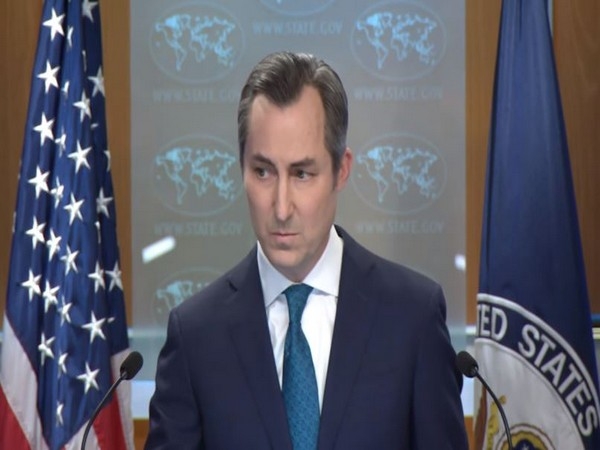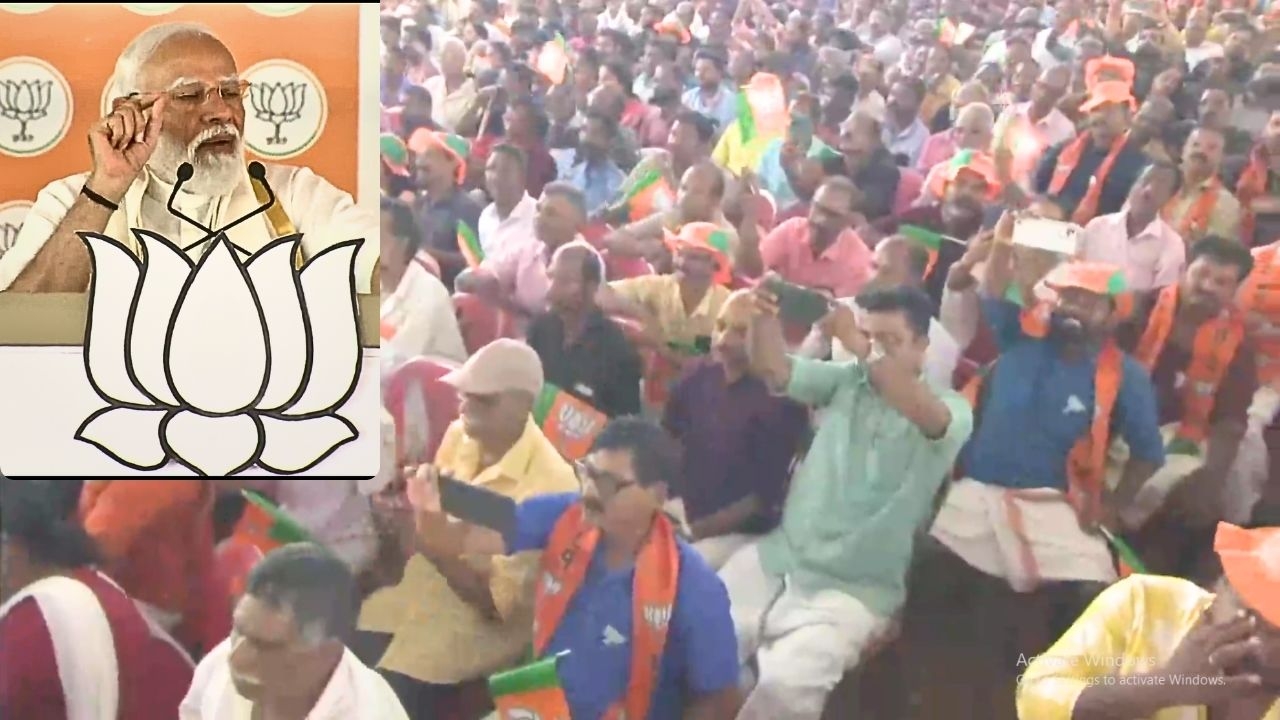Puppet play: why the IIM Bill will mean the death of the institutions

The proposal
- The govt is discussing a Bill that would \'empower\' the functioning of the IIMs.
- The Bill actually increases govt control over the semi-autonomous institutions.
- The chairperson of the Board and the director will be at the mercy of the HRD ministry.
The possible consequences
- The central govt will have control over admission, fees, teachers and even hostel living conditions.
- Interfering with these things will wreak havoc on the quality of the IIMs.
The prevention
- Directors and chairpersons have written to the ministry to block or alter this Bill.
- Their position is delicate because the ministry is their de facto employer.
- IIM alumni across various fields have to take the lead to save the institutions.
The central government has decided that the Indian Institutes of Management need reform, and has proposed a Bill, currently under discussion, to effect this reform.
In actuality, the IIM Bill 2015 is an attempt to increase government control over these institutes of excellence. It's not the first attempt - far from it - but it is the most serious one so far.
And if it does get enacted into law, the country will have to forget that institutions such as IIM-A, IIM-B and IIM-C existed.
Historical perspective
In 1961, the Indian Institutes of Management (IIMs) in Calcutta and Ahmedabad were set up. IIM-A, of which I speak from personal experience, was set up NOT as an institution owned by the government and to be run as a government department, but as a society registered under the Societies Registration Act, 1860.
The chairman of the society was the then-CM of Gujarat, Dr Jivraj Mehta, who was "appointed by the central government in consultation with the state government". Of the remaining 13 members of the society, five belonged to the government (three from the centre and two from the state), four were "nominated by the central government in consultation with the state government to represent commerce, industry, labour and other interests".
There was one representative each from the All India Council of Technical Education, the All India Management Association, and the National Productivity Council. The last was the director of the institute, who was the member-secretary.
This group decided that 13 out of the 25 members of the Board of Governors would be people who were appointed or nominated by the government. This is all laid down in the Memorandum of Association and Rules of IIM, Ahmedabad, drawn up in 1961.
Given the above governance structure, it is obvious that the government could exercise all the control it wanted through the memberships on the two main governing bodies. However, the government in those days seemed to be interested in creating "national" institutions and therefore followed a policy of "benevolent nurturing" instead of intrusive control.
The new Bill proposes to clip the wings of the IIM directors and reduce them to puppets in govt hands
But "benevolent nurturing" did not mean unfettered freedom of action - the perfomance of the IIMs was regularly reviewed by government-appointed committees that also suggested several changes.
Mushrooming IIMs
IIM-Bangalore was opened 12 years after Calcutta and Ahmedabad, in 1973. The next one came up after 11 years at Lucknow in 1984. The next two, at Kozhikode and Indore, came up after another 12 years, in 1996. It was after this that the political potential of the 'IIM' label was realised.
The next one came up in Shillong in 2007 and was christened the Rajiv Gandhi Indian Institute of Management. And then the dam broke.
The year 2011 saw three IIMs come up, at Tiruchirappalli, Udaipur, and Kashipur. The Union Budget of July 2014 announced setting up six new IIMs, one each in Himachal Pradesh, Punjab, Bihar, Odisha, Maharashtra, and Andhra Pradesh.
And the budget presented on February 28, 2015 brought the total up to 20 by adding Jammu and Kashmir to the list.
Desire for more control
While the desire to control had been felt since the early to mid-1980s, it became more acute as the reputation and fame of the IIMs increased. It was also possibly fuelled by the inability to influence the admissions process.
What the IIMs, at Calcutta and Ahmedabad, and later at Bangalore, achieved is a matter of public knowledge. The governing structures of all the three were broadly similar with some local variations. It is their performance that attracted attention, including that of the government.
The attraction increased to such levels that the government felt the urge to claim them exclusively for itself.
The new Bill
The Bill merely takes forward the process of increasing control, and makes it more ironclad. As an example, it is instructive to see how the provisions for the appointment of the director have progressed.
The Rules of 1961 said, "The appointment to the post of director shall be made with the approval of the central government on such terms and conditions as may be decided by the central government."
Since this is listed under the heading "Power and Functions of the Board", it is clear that the power to appoint the director rested with the Board of Governors "with the approval of the central government".
In the rules as amended in 2012, this was replaced with, "The director will be appointed by the chairperson through a process wherein the Board will recommend three names to the central government based on recommendations of a search-cum-selection committee constituted by the Board, from which the central government shall choose one person for appointment as director in consultation with the state government."
The govt's desire to tighten its grip on the IIMs became more acute as their reputation and fame increased
In the proposed Bill, even this fig leaf of autonomy is completely removed. Section 19(2) of the proposed Bill says "The director shall be appointed by the central government with the approval of the visitor, on such terms and conditions of service as may be prescribed." The 'visitor', according to Section 10(1) of the proposed Bill "shall be" the President of India, who, we know, is supposed to act on the advice of the Cabinet under the provisions of the Constitution of India.
Sub-section (3) states: "The director shall be appointed out of the panel of names recommended by a search-cum-selection committee to be constituted by the Board, consisting of:
- Chairperson of the Board, who shall be the chairperson of the search-cum-selection committee;
- three members chosen from amongst eminent administrators, industrialists, educationists, scientists, technocrats and management specialists;
- nominee of the Ministry of Human Resource Development.
Once having been appointed "by the central government with the approval of the visitor", what does or can the director do?
Sub-section (4) clarifies that in no uncertain terms: "The director shall exercise the powers and perform the duties as may be assigned to him under this Act or the regulations or as may be delegated to him by the Board." But of course, this is not enough! It is absolutely necessary to specify how will or should the director exercise these powers.
The proviso to sub-section (4) does precisely that: "Provided that the Board may lay down the criteria to be followed by the director while exercising powers and performing his duties." So, the director will do only what s/he is assigned to do and shall do it following the laid down criteria!
And of course, if the proponents of the Bill are to be believed, it gives all the freedom to the institutes and their management!
As if the above was not enough, Section 21(1) of the proposed Act, removes all doubts while saying, "Without prejudice to the foregoing provisions of this Act, the Institute shall, for the efficient administration of this Act (italics added), be bound by such directions on questions of policy, as the central government may give in writing to it from time to time."
The raison d'etre for the institute seems to be "the efficient administration of this Act" and not the efficient running of the institute.
Draconian regulations
The killer sections are numbers 35 and 36, "Power of central government to make rules" and "Regulations how made". These give the central government the power to do a lot of things including, but not limited to:
- Appointment of chairperson
- Powers and duties of the Board of Governors
- Admission of candidates to various courses of study
- Fees to be charged for courses of study and examinations in the institute
- The manner of formation of departments of teaching
- Qualifications, classification, terms of office and method of appointment of academic, administrative, technical and other staff of the institute
- Conditions of residence of students of the institute and levying of fees for residence in hall and hostels.
There is also a provision for "the conditions and model of appointment and duties of examining bodies, examiners and moderators." Having sat on the examination committees and faculty recruitment committees of several universities, I can see what havoc such regulations would play with the examinations and appointment processes of the IIMs.
What needs to be done
The Bill must be prevented from being introduced. If introduced, it must be prevented from being passed. The best would be for the Bill to be scrapped altogether. If that is not possible, it needs a major overhaul.
For that, it must be sent to a Parliamentary Committee for review. The Parliamentary Committee would then need to be briefed on the implications of the Bill, so that it can make an appropriate recommendation. The recommendation will then need to be followed through.
It is always easy to say what to do, the more critical question is who will, or should, do this.
Those holding administrative positions in the institutes are obvious candidates and some of them are already at work. There have been news reports of chairpersons and directors of some of the IIMs having written to the HRD ministry on the issue.
But their position is a bit delicate. They are holding offices almost at the pleasure of the ministry. It would be awkward for them to be seen to be vehemently opposing their de-facto employer.
The best-placed group to do this is the alumni of the IIMs. IIM alumni are in key positions in all sectors of the economy and society, be it the government, politics, corporate sector, or civil society. And a large proportion of them have been and are very successful and effective.
Now is the time for them to put all their eminence to work. They know how to work the levers of power in the country and they have successfully worked them for their organisations and their careers. What is at stake are not only their alma maters but the entire higher education sector in the country.
They need to convince the powers that be that education cannot, and should not, be made a political football; it is a national need and resource, and deserves to be treated as such.
First published: 1 July 2015, 9:46 IST

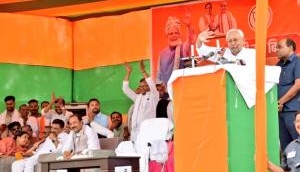
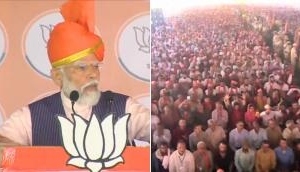
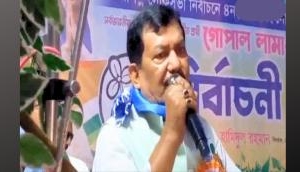
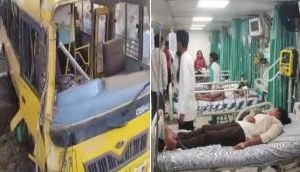
![BJP's Kapil Mishra recreates Shankar Mahadevan’s ‘Breathless’ song to highlight Delhi pollution [WATCH] BJP's Kapil Mishra recreates Shankar Mahadevan’s ‘Breathless’ song to highlight Delhi pollution [WATCH]](http://images.catchnews.com/upload/2022/11/03/kapil-mishra_240884_300x172.png)

![Anupam Kher shares pictures of his toned body on 67th birthday [MUST SEE] Anupam Kher shares pictures of his toned body on 67th birthday [MUST SEE]](http://images.catchnews.com/upload/2022/03/07/Anupam_kher_231145_300x172.jpg)


